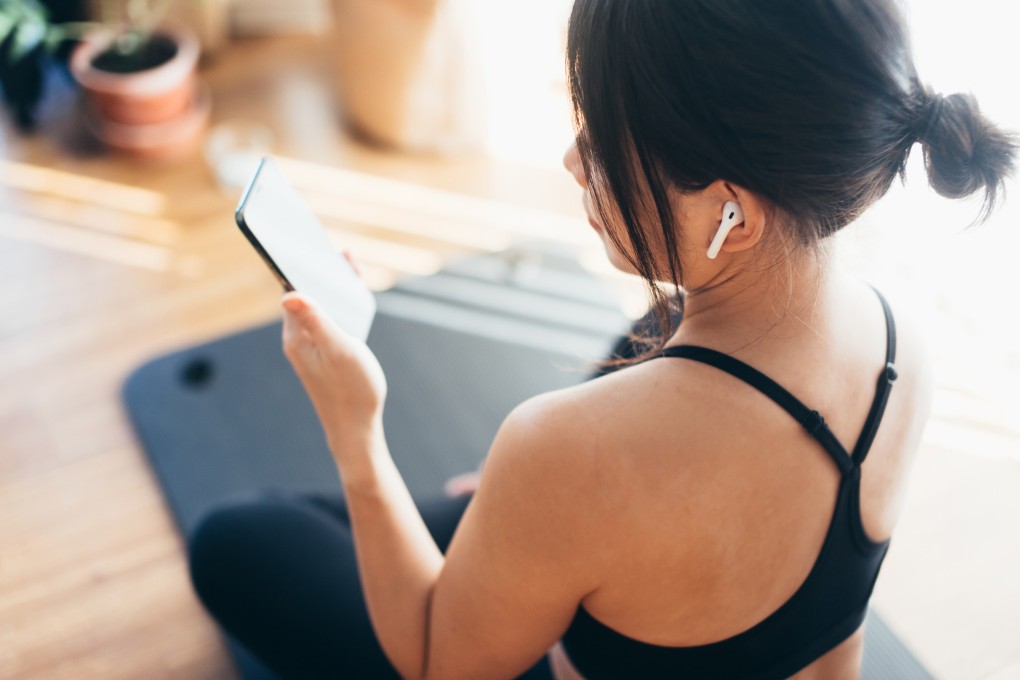Many health apps pose privacy risk, fail to adequately inform users of data polices, study finds
- An analysis of more than 20,000 apps found many were not adequately informing users of data policies, including sending data to third parties like advertisers
- Nearly 30 per cent of apps in the research do not include any privacy policy text

Health and fitness apps, which help mobile-phone users track everything from calorie intake to menstruation dates, can access and share personal data in a way that’s concerning, according to a study published in the British Medical Journal.
The analysis of more than 20,000 apps found that inadequate privacy disclosures for many of them prevented users from making informed choices about their data. One third could collect user email addresses and many more transmitted data to third parties such as advertisers.
The findings come as the pandemic further boosts mobile-phone use and technology companies try to balance privacy demands with the financial needs of developers and advertisers. Google said it would create a new safety section in its Play mobile-app store, while Apple Inc debuted an anti-tracking feature this year.
The sensitive nature of the information users share on health apps – such as health conditions or disease symptoms – poses heightened privacy risks.
Yet among the health apps included in the study, 28 per cent didn’t offer any privacy policy text, according to researchers from Australia’s Macquarie University. And at least a quarter of user-data transmissions breached what was set out in the policies offered. As many as 88 per cent of the apps reviewed could access and potentially share personal information, the researchers said.